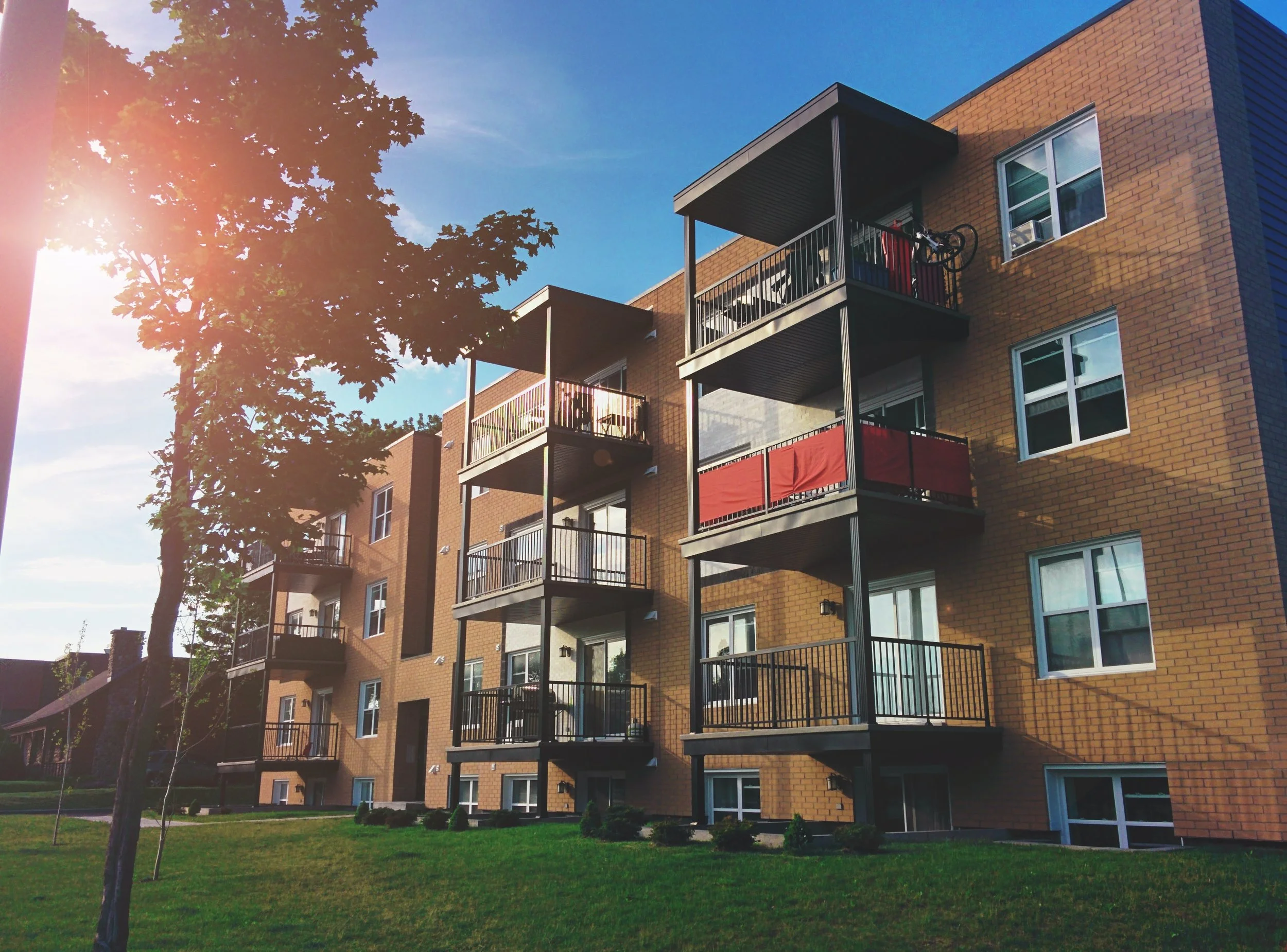The Hunt for (Decent and Affordable) Student Accommodation
by Maeve O’KeeffeIt’s coming close to that time of year when finding a place to live next year becomes a priority. Scrolling on Daft.ie, ringing landlords, and scrambling to get a group together that you’d (hopefully) be happy to live with become all-consuming. Complacency and a laid-back attitude will get you nowhere. When it comes to finding accommodation, being proactive is of utmost importance. That said, even the most organised of house-hunters can end up living in abysmal conditions. Spots of mould blooming on the ceiling and walls, dampness invading your wardrobe and bedding, condensation on windows, broken sinks and toilet seats. That salt lamp you bought to bring good vibes to your new gaff? Decidedly less zen when stacked on newspapers to absorb its persistent weeping from the dampness of the room. There are countless horror stories from friends I could recount, from infestations of rats, rodents, and slugs, to gas leaks and simultaneously invasive and negligent landlords.It’s important not to dismiss concerns about the quality of student housing. There is a common assumption that mould, dampness, and general squalor are simply part and parcel of student living, but there are consequences for your health that accompany these conditions. In fact, the WHO have reported that there is sufficient evidence to show that individuals occupying damp or mouldy homes are more at risk of respiratory infections, wheezing, coughing, and exacerbation of asthma symptoms. Aside from the potentially serious health ramifications, mould can cause irreparable damage to your personal belongings, and generally make your living situation feel bleaker. After all, who wants to return home from a long day of work to a room that is damp and mouldy? It’s not character-building to dismiss your wellbeing for the sake of cheap rent, and it doesn’t make you a diva to expect more than squalor during your college years.It can feel as though the choice is limited to either extortionate rent and a decent house, or (relatively) cheap rent but unregistered landlords and poor living conditions. The inaccessibility of adequate, affordable housing has become part of the reality of being a student in Ireland. The high demand for accommodation in Cork can leave many students feeling reluctant to tackle landlords for fear that they will end up with nowhere to stay. Some students are left resorting to long commutes to college, living in box rooms in digs, and even staying in B&Bs around the city until a room becomes available.Why are students left with such abysmal options when it comes to putting a roof over their heads? Maeve Richardson, Communications and Engagements Officer for the UCC Students Union places responsibility on the government, stating, “Students in line with the rest of young people in Ireland are struggling with the housing crisis. This can be accredited to a lack of higher education funding from our government- in the most recent budget the Irish Government added an extra 3320 CAO places with no accounting for additional accommodation being built.” Amid ongoing discussions about hybrid or traditional Leaving Certificate exams, it is baffling that so little has been said about the providing accessible and affordable accommodation for all of these soon to be university students. Third level education is not accessible until it is made affordable, and expensive accommodation acts as one of the most significant barriers to students seeking a higher education.These sentiments were echoed by the SU’s Welfare Officer, Caoimhe Walsh, who tells me, “The race is on for September accommodation already, but most landlords have indicated they prefer contact later in the semester- another frustration for students looking for security with their housing situation.” She explains that “This panic is caused by the lack of affordable accommodation in the city. New accommodation blocks are being built but are not unaffordable, the profiting off students is simply ridiculous.” Aside from the fact that the new accommodation being invested in is not set to be affordable for most students, Richardson also highlights the lack of funding in the infrastructure around UCC, stating, “The areas surrounding UCC simply do not have the amenities to support an ever-growing population of students.”UCC’s Students Union have witnessed how the housing shortage is affecting students. “In UCCSU we're already receiving enquires about accommodation,” says Richardson. “Rent is reaching rates of up to €800 a month in some houses, out of reach of any part time working student,” she elaborates. One is reminded of the high volumes of students who need to avail of the UCC’s food bank service due to financial hardship that is certainly exacerbated by the housing crisis.It's abundantly clear that too many students feel exploited by current accommodation arrangements. But what can we do about it? I reached out to David Giles, chairperson of UCC’s Free Legal Advice Centre (FLAC) for tips to help students find trustworthy and affordable housing around Cork. He recommends the Threshold.ie website as “a great resource for all of your accommodation-related queries and they operate a freephone helpline at 1800 454 454 from Monday to Friday, 9.30- 5pm.” Despite the bleak housing crisis, Giles is encouraging, reminding students of the supports available. “While at times you may feel like you are merely a pawn in a game dictated by overbearing landlords, it's important to remember that you have rights as a tenant that you can exercise,” he tells me. “Whether you have a written agreement or living with a more informal arrangement, using Threshold's resources can help you to understand where you stand in your tenancy relationship. UCC also has a free legal advice centre where you can get practical, professional and confidential advice from local solicitors on campus about a range of issues including accommodation. If you email flacclinics@uccsocieities.ie, they will arrange a free consultation for you,” says Giles.


